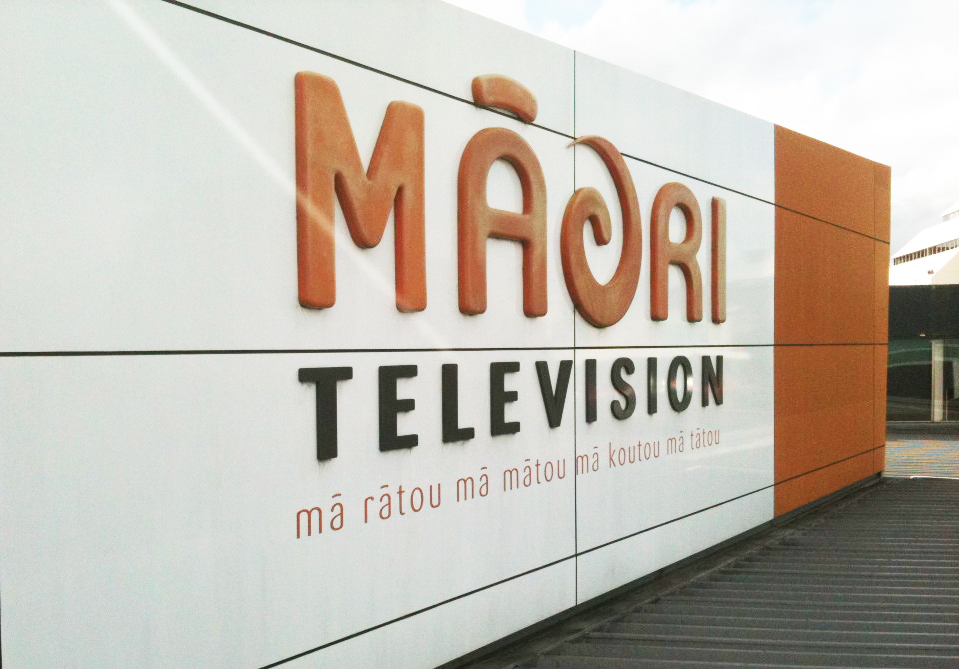
AUCKLAND (New Zealand Herald/Pacific Media Watch): Māori broadcasters are forming closer ties, boosting the prospect of a Māori news unit that would service multiple media, The New Zealand Herald reports citing industry sources.
The moves coincide with the new Māori language agency Te Matawai and its attempts to lift the slow uptake of te reo, writes John Drinnen in his weekly Media column.
All Māori media are coming to grips with that lack of progress, but Māori TV gets most flak because it was created specifically to boost te reo.
The moves towards closer ties follow the 21 iwi radio stations recently endorsing a memorandum of understanding (MOU) between Māori Television and the Auckland urban Māori station, Radio Waatea.
Waatea is a news and current affairs station controlled by the Manukau Urban Maori Authority, formerly led by Willie Jackson, and the Waipareira Trust in Auckland, whose chief executive is John Tamihere.
Māori Development Minister Nanaia Mahuta was unavailable to discuss developments.
Under the MOU between Māori TV and Waatea, the parties agreed to co-operate in contributing to the protection and promotion of te reo.
Sources say the creation of a combined news unit is some way off, but there is a common view that it could make good sense.
Māori broadcasting fractured
Māori broadcasting has been fractured, and the New Zealand government has been funding competing services for an important but niche audience.
The role of state media — RNZ and TVNZ — with obligations to reflect the Māori language has also become complicated, writes Drinnen.
For years, RNZ largely ignored its Māori obligations. But after being publicly pilloried by Jackson, RNZ has been trying to develop more te reo content — provoking complaints from some members of its traditionally older audience.
Sceptics have suggested RNZ is chasing more money from funding agency Te Mangai Paho, but RNZ says the extra attention is a genuine attempt to meet its obligations.
RNZ chairman Richard Griffin says it already has a MOU to work with Maori radio, including Waatea, according to Drinnen.
Jackson has been a dominant player in Māori broadcasting, but stood down from those roles when Labour won a clean sweep of the Māori seats in the September general election.
Tamihere, a former Labour minister, was appointed to the board of Māori TV in April last year. He is said to have been the prime mover behind closer ties between Māori media institutions.
Jackson, Tamihere and the recently appointed Waatea chief executive Bernie O'Donnell did not return calls, writes Drinnen.
Māori TV declined requests to interview Keith Ikin, recently appointed as chief executive, replacing Paora Maxwell who stepped down in August.
This work is licensed under a Creative Commons Attribution-NonCommercial 3




